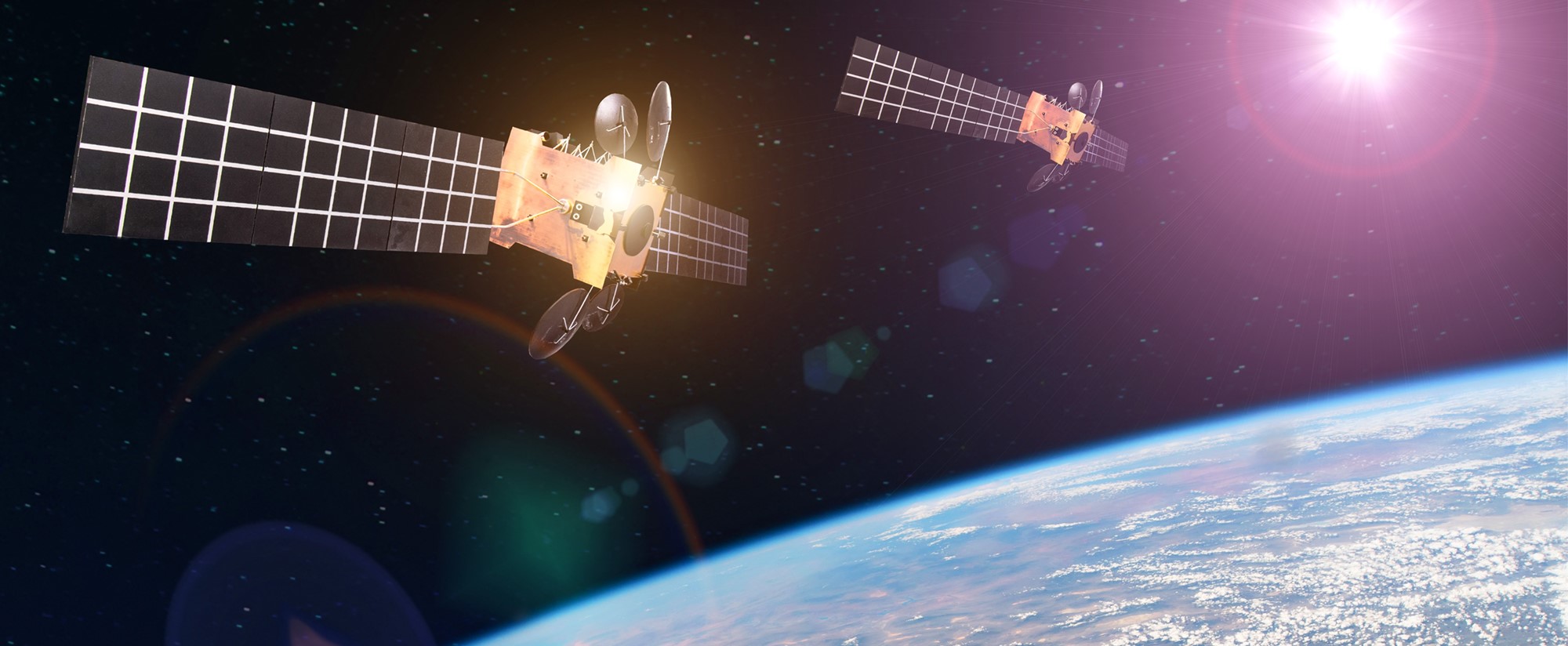A joint statement by the UN’s International Telecommunication Union (ITU), International Civil Aviation Organisation (ICAO) and International Maritime Organisation (IMO) says they hold “grave concern” about the interference.
(Click here to read the full statement)
Australia remains a member of all three UN agencies.
The agencies say that jamming and spoofing (forged identities) attacks are disrupting Global Navigation Satellite Systems (GNSS) operating in Radio Navigation Satellite Service (RNSS) frequencies.
“The safety of seafarers and shipping relies on the resilience of systems to support safe navigation and communication,” IMO Secretary-General Arsenio Dominguez says.
“Interference with GNSS poses a serious risk to shipping activities, which could cause collisions and grounding. I urge all member states to protect these critical systems,” he says.
Ships and ports rely on GNSS to determine position, speed and precise universal and local time which are used mainly for navigation and which are part of the Global Maritime Distress and Safety System (GMDSS).
ICAO Secretary-General Juan Carlos Salazar says “RNSS interference can affect aircraft operations far beyond the immediate area, creating potential safety risks across multiple flight regions”.
ITU Secretary-General Doreen Bogdan-Martin says GNSS “is critical to safety on land, at sea and in the air”.
“Member states should ensure the uninterrupted operation of these systems for everyone’s safety and the resilience of essential services that our lives depend on,” she says.
CALL TO ACTION
The joint statement signed by the three secretaries-general of the agencies identifies five steps that member states must take:
- Protect RNSS from harmful interference affecting civilian and humanitarian operations.
- Strength the resilience of RNSS systems.
- Maintain conventional navigation infrastructure for contingencies.
- Improve co-operation between regulatory, aviation, maritime, defence and law enforcement authorities.
- Implement thorough interference reporting mechanisms.






